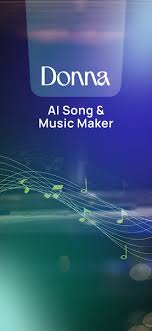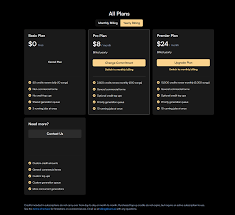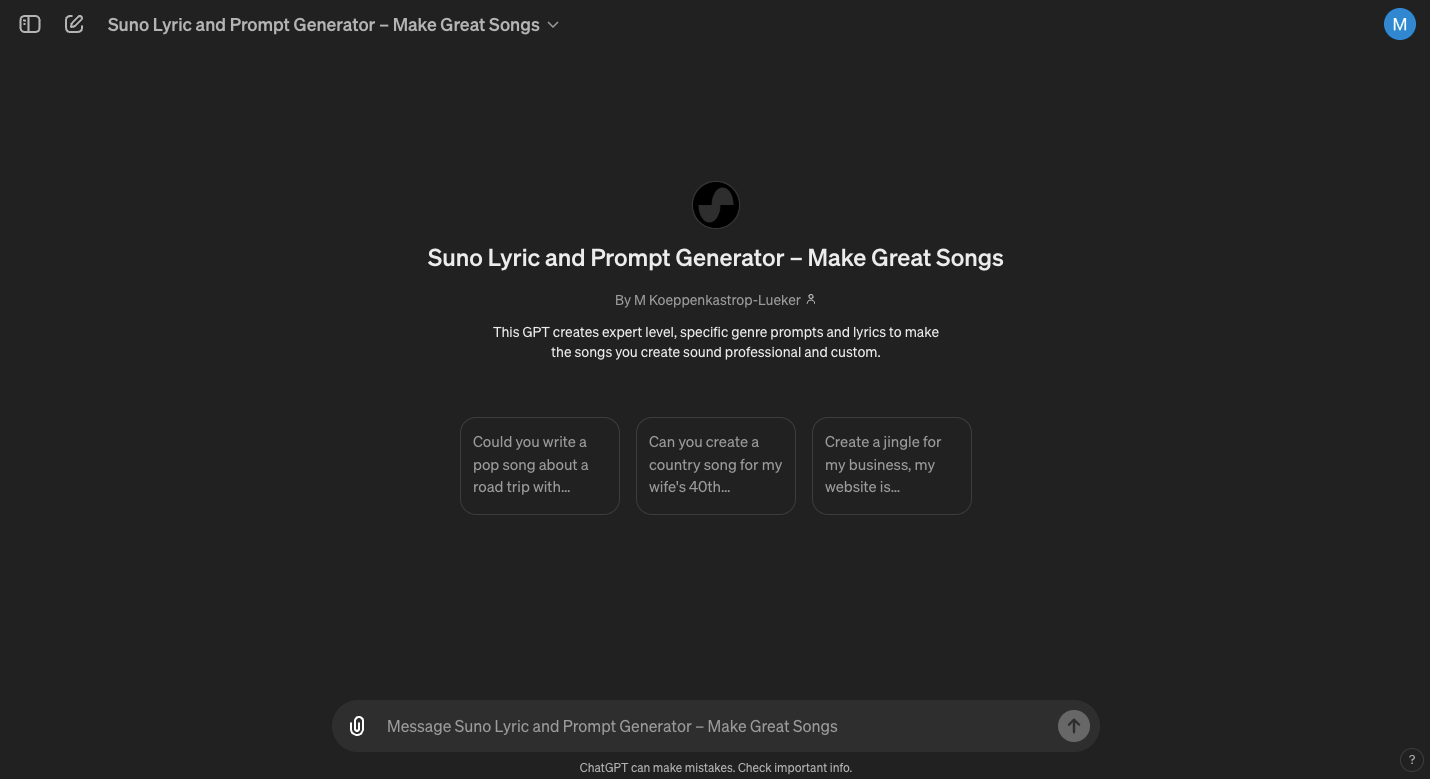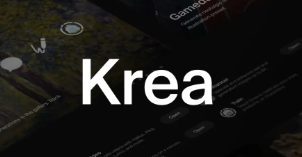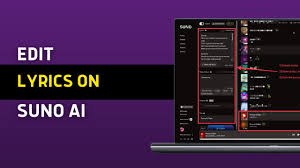Introduction
Struggling with creative blocks or tired of repetitive chord progressions? You’re not alone. Many musicians are now turning to artificial intelligence in songwriting to boost creativity, save time, and explore new musical directions. Whether you're a solo artist or a music producer, AI can help you brainstorm lyrics, generate melodies, and even create full demo tracks.
In this guide, we'll break down how to use AI in songwriting—step by step—with real examples and recommended tools.
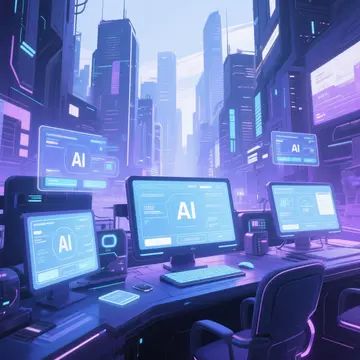
Why Use AI in Songwriting?
AI isn’t here to replace artists; it’s here to enhance your creative process. Here are a few key reasons why artists are adopting AI:
?? Overcome writer’s block
?? Speed up music production
?? Experiment with new styles and sounds
?? Collaborate with a “virtual co-writer”
?? Access professional-grade tools—anytime, anywhere
Step-by-Step: How to Use Artificial Intelligence in Songwriting
Step 1: Choose Your AI Songwriting Tools
Here are a few trusted platforms used by indie musicians and professionals alike:
| Tool Name | What It Does | Best For |
|---|---|---|
| AIVA | Generates melodies and orchestration | Film/game scoring, instrumentals |
| Suno AI | Creates full songs from prompts | Quick demo creation |
| Soundraw | AI-generated loops and beats | Electronic & pop production |
| Amper Music | Royalty-free music generation | Content creators |
| ChatGPT | Lyric writing, storytelling, theme ideas | Lyricists, rappers, singers |
Step 2: Start with an Idea or Prompt
Before diving into AI generation, start with a concept:
Emotion: heartbreak, joy, rebellion
Theme: summer love, space travel, self-doubt
Genre: K-pop, R&B, Lo-fi, Trap
You can use AI to generate:
Lyrics: “Write a song about growing up in a small town with a nostalgic tone.”
Chords: “Suggest a melancholic chord progression in C minor.”
Melodies: “Generate a chorus melody in 4/4 time, 100 BPM.”
Step 3: Refine and Customize the Output
AI is a co-writer—not the final authority. Use your musical instincts to:
Edit awkward or generic lyrics
Change tempo or key to fit your style
Add personal touches or experiences
Rearrange verses, chorus, and bridge manually
Step 4: Produce the Song Using DAWs and Plugins
Once your AI-generated content is ready:
Import lyrics and melodies into DAWs like Ableton Live, Logic Pro, or FL Studio.
Use VST plugins (e.g., Serum, Omnisphere) to refine your sound.
Layer AI loops with your own instrumentation for a unique sonic identity.
Real Case Study: AI + Indie Pop Production
Artist: Maya Grace
Genre: Indie Pop
Challenge: Writer’s block for second verse
Solution: Used ChatGPT to generate thematic options and lyrical phrasing. Then, Soundraw was used to generate ambient background loops.
Result:
"The second verse became the highlight of the song. It sounded like something I would’ve written—but faster, cleaner, and more focused." — Maya Grace
Pros and Cons of Using AI in Songwriting
| Pros | Cons |
|---|---|
| Boosts creativity and speed | Can produce generic results without guidance |
| Great for beginners | Lacks emotional nuance |
| Helps with structure and idea generation | Copyright/legal concerns (in some platforms) |
| Works 24/7, no burnout | May reduce originality if overused |
Frequently Asked Questions (FAQ)
Q1: Can AI write an entire song by itself?
A: Technically, yes. Tools like Suno AI and AIVA can generate full songs. But the best results come when humans refine the AI’s work.
Q2: Is it legal to use AI-generated songs commercially?
A: It depends on the platform. Some offer royalty-free outputs, others don’t. Always read the license terms.
Q3: Will using AI make my music sound robotic?
A: Only if you don’t edit it. Think of AI as a sketch—it’s up to you to turn it into a masterpiece.
Q4: Do famous artists use AI?
A: Yes! Artists like Grimes and Taryn Southern have openly used AI in music production.
Future of AI in Songwriting
With the rise of tools like Meta's AudioCraft, Google's MusicLM, and OpenAI’s Jukebox, the songwriting process is evolving rapidly. Expect more voice-based interfaces, emotional scoring engines, and hybrid workflows where human+AI collaboration becomes the norm—not the exception.
Final Thoughts
Knowing how to use artificial intelligence in songwriting is quickly becoming an essential skill for modern musicians. Whether you're trying to finish a hook or explore new genres, AI offers tools that amplify—not replace—your creative voice.
So next time you’re stuck, don’t stare at a blank page. Open an AI tool and start a conversation. Your next hit might be just a prompt away.


